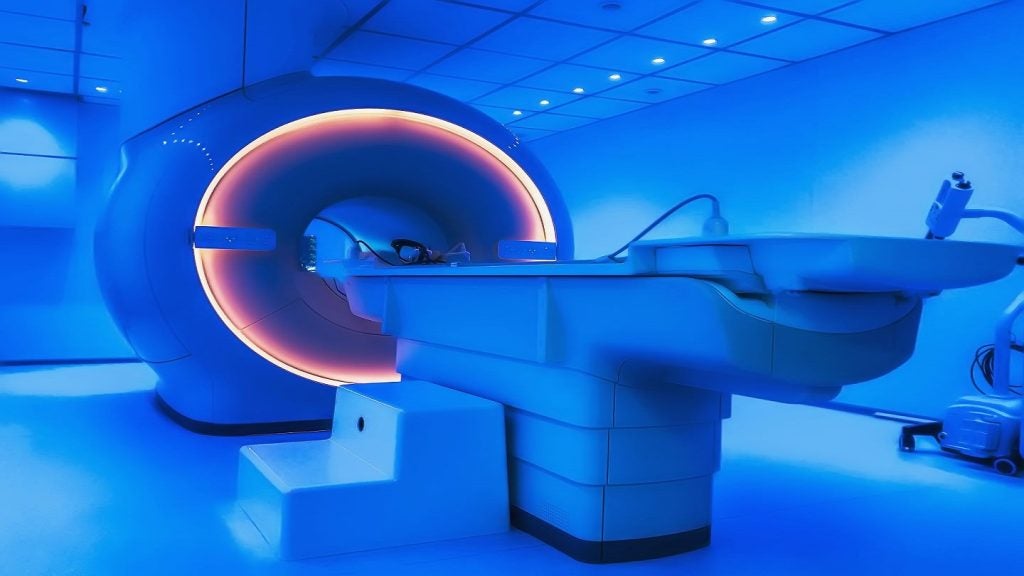Precision Neuroscience has successfully concluded the first-in-human procedures in a pilot clinical study of its neural implant system called Layer 7 Cortical Interface.
The study was designed in collaboration with West Virginia University's Rockefeller Neuroscience Institute (WVU RNI) to record and map the activity of the brain in unprecedented detail.
During this study, a patient undergoing brain tumour resection had the device temporarily positioned on the brain.
As a part of the surgery, the neurosurgeons at WVU RNI introduced the implant into the brain to read, record and map electrical activity from the brain’s surface.
Two more patients have received similar surgeries utilising the precision system following the completion of the initial procedure.
WVU RNI executive chair Dr Ali Rezai said: “Innovations such as this from Precision Neuroscience are a key step forward. We look forward to continuing this important research to advance this field and disseminate this technology to help our patients.”
The Layer 7 Cortical Interface system incorporates 1,024 minuscule electrodes in an area of 1cm². The electrodes are embedded in a flexible film that conforms to the surface of the brain.
Neurosurgeons can implant and remove the film, which has a thickness equivalent to one-fifth of human hair, without affecting brain tissue.
The device has been developed to map a large area of the brain's surface, providing more detailed resolutions compared to standard arrays used in neurosurgery.
Precision Neuroscience chief science officer Dr Benjamin Rapoport said: “In the years ahead, we hope to restore function to people with several neurological conditions.
“Even in these first patients, we have begun to view human brain activity in ways that have never before been possible.”
















